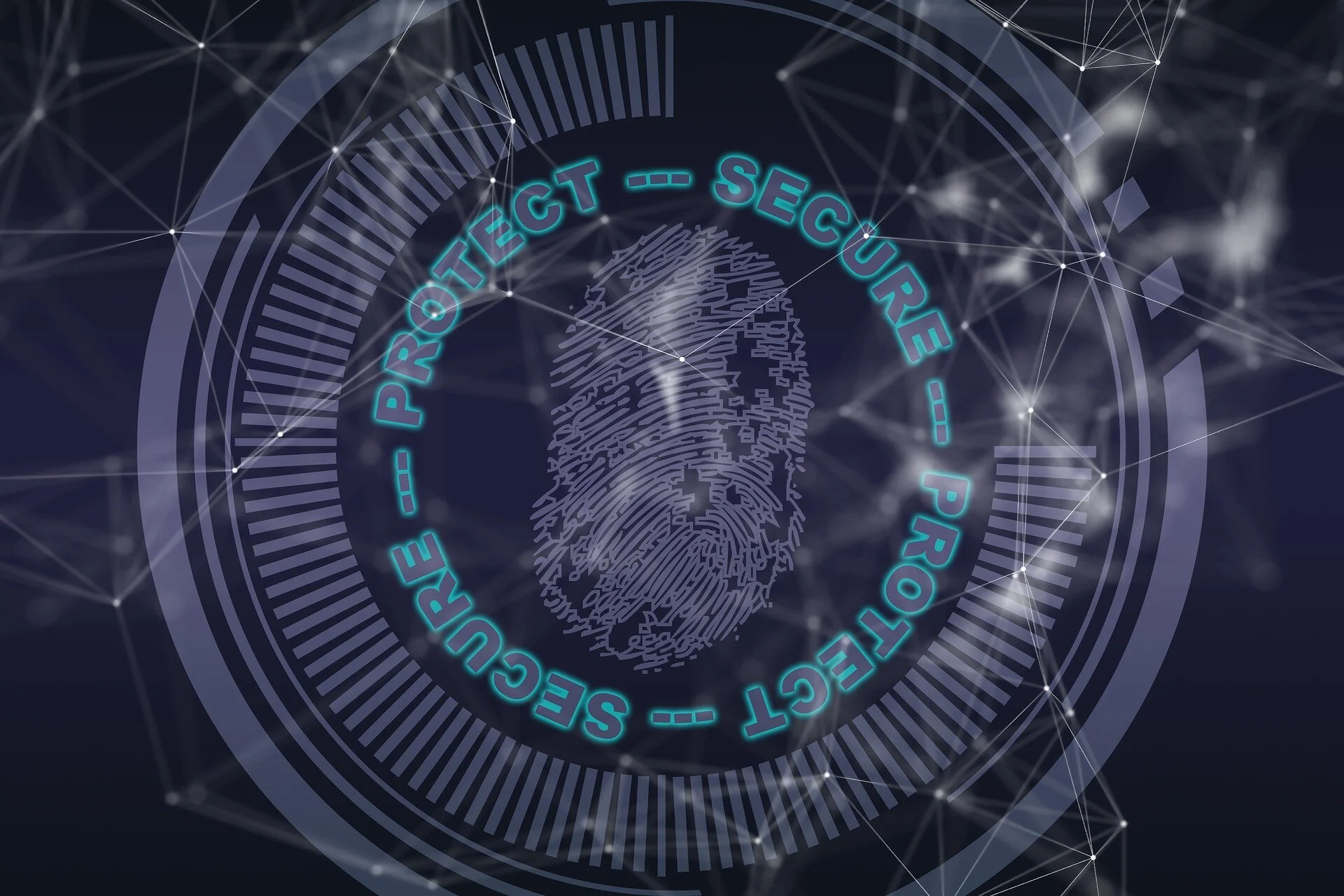9 Tips That Will Help You Protect Your Digital Identity
Our Cyber Security team picked nine easy tips that will help anyone without any tech knowledge to be safer online.
1 - Be aware of phishing e-mails
Phishing e-mails are fraudulent ways to get sensitive information, such as a fake e-mail from a bank, or an e-commerce company. Don’t give your information in any e-mail, unless you are sure it is not a scam.
They generally seem to come from a company you know, but you can spot a phishing e-mail. They have a public domain, ask for personal information, have unsolicited attachments, and are generally poorly written. They also have suspicious links, and a sense of urgency to make you panic and act.
2 – Do not save sensitive login information (e.g., bank login credentials) in plaintext
Use a type of software that prioritizes security to save your sensitive data. Even using a simple file that is password-protected would add so much complexity to reaching your data by the adversaries.
3 - Use two-factor authentication whenever possible
We know that it is annoying to need a code sent to cellphones or e-mails to log in to your accounts, however that makes it harder for someone to access your information without permission. It is also easier to enter a few numbers than try to recover your account after it is hacked. Or even to get your money back after it is taken. Or yet, imagine needing to inform the clients that the information they trusted you was stolen?
4 - Check your privacy settings
Check what kind of access you are giving and to which websites. Check if your location tracking is enabled, the same for your camera, or microphone. Also, manage access to your contacts.
Companies, such as Facebook and Google, use your browsing history by tracking cookies to tailor ads. Google also has access to users’ real names, e-mails, and search history. Some companies share or sell your information to a third party. The illegal use of Facebook users’ data for political advertising purposes by Cambridge Analytica, was a major scandal in 2018.
Companies rely on a machine learning system to avoid fraudulent information. That combines device ID, hardware, operating system, IP address, screen resolution, browser, time zone, cookies, and others. Together with behavioral attributes, time spent on websites, interest-related behaviors, and others. Your browsing history is a critical piece of information combined with other resources to create a fake ID to bypass fraud detection protocols.
5 - Avoid using public Wi-Fi as much as possible
There are a few reasons why you should not use public Wi-Fi; the main one is the ability of hackers to position themselves between you and the connection point. In this case, instead of sending the information directly to the hotspot, you will be sending it to an adversary. He will be able to interrupt the requests you make and have access to the information you send out (if not encrypted by any means), e-mails, contacts, credit cards, IDs, and will possibly be able to inject malware to your device.
6 - Use HTTPS (HTTP-secure) wherever possible
When using HTTPS, hackers can’t see the data that travels between your device and the server you are trying to connect. Besides protecting the privacy and security of users, HTTPS also protects the integrity of the website, preventing someone from injecting scripts, images, or adding content to the page as if it was real.
7 - Use trusted password managers when possible
Password managers keep all your passwords in a secure vault and automatically fill them in your web browser and mobile apps. That allows you to have a different secure password for each website, and you only need to memorize one to unlock the password manager.
If you were reusing the same strong password or a predictable one and the website had a database leak, all your accounts would be exposed.
8 - Use strong passwords (not your dog’s name or your birthday)
You don’t want to have a password that can easily be guessed, or you wouldn’t need one. Also, the password hint needs to be as secret as your password. It won’t help to have a safe password if the password hint is your dog’s name that is all over your social media or your middle name.
9 - Don’t put any sensitive information on your desk (e.g., bank login information on a sticky note)
If you need to be away and forget to log off from your computer, your data will be exposed and easy to access.
Follow us on Facebook, Twitter, or LinkedIn to get more tips like this one.
Article written by Juliane Verissímo - Marketing Department of VisionSpace


